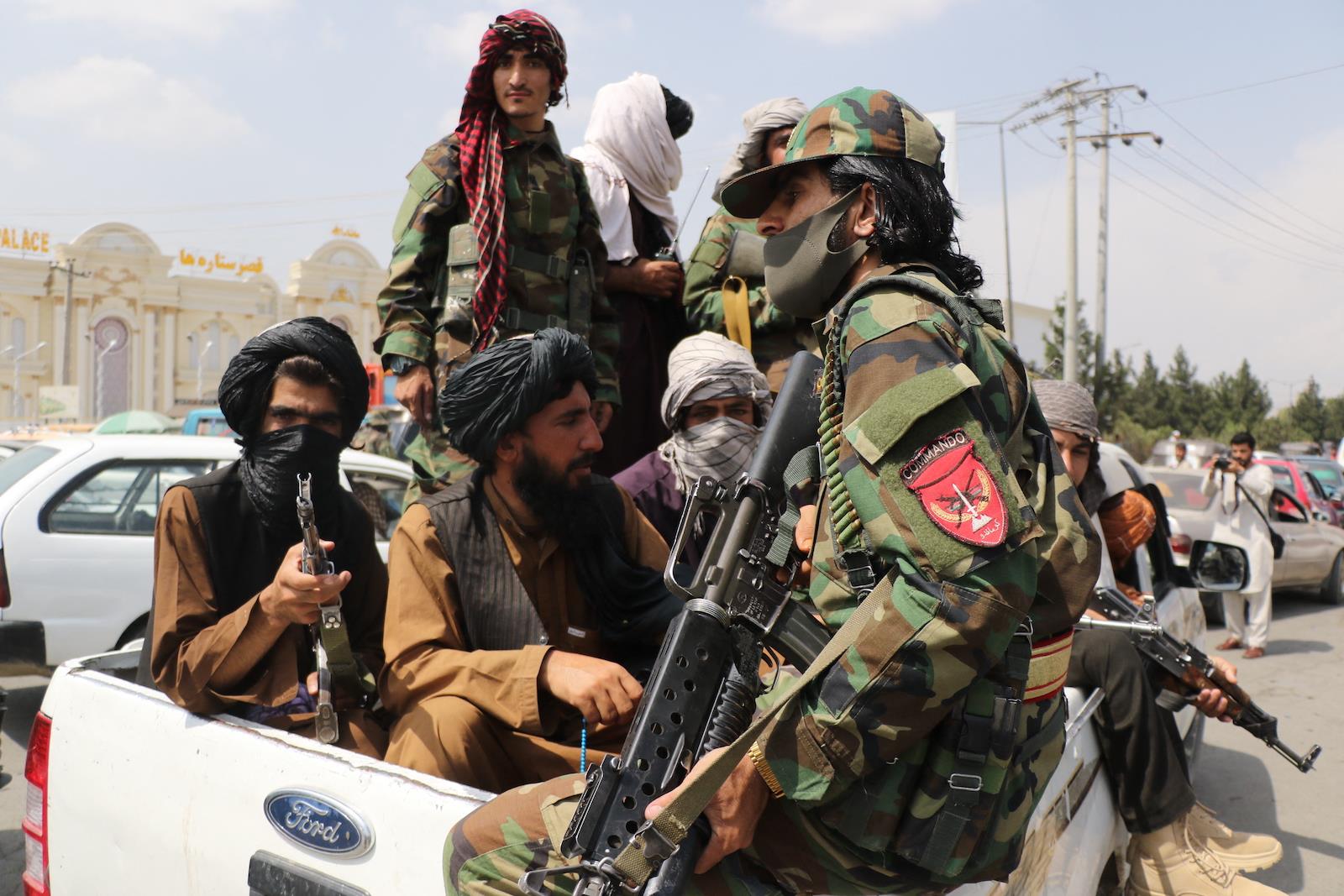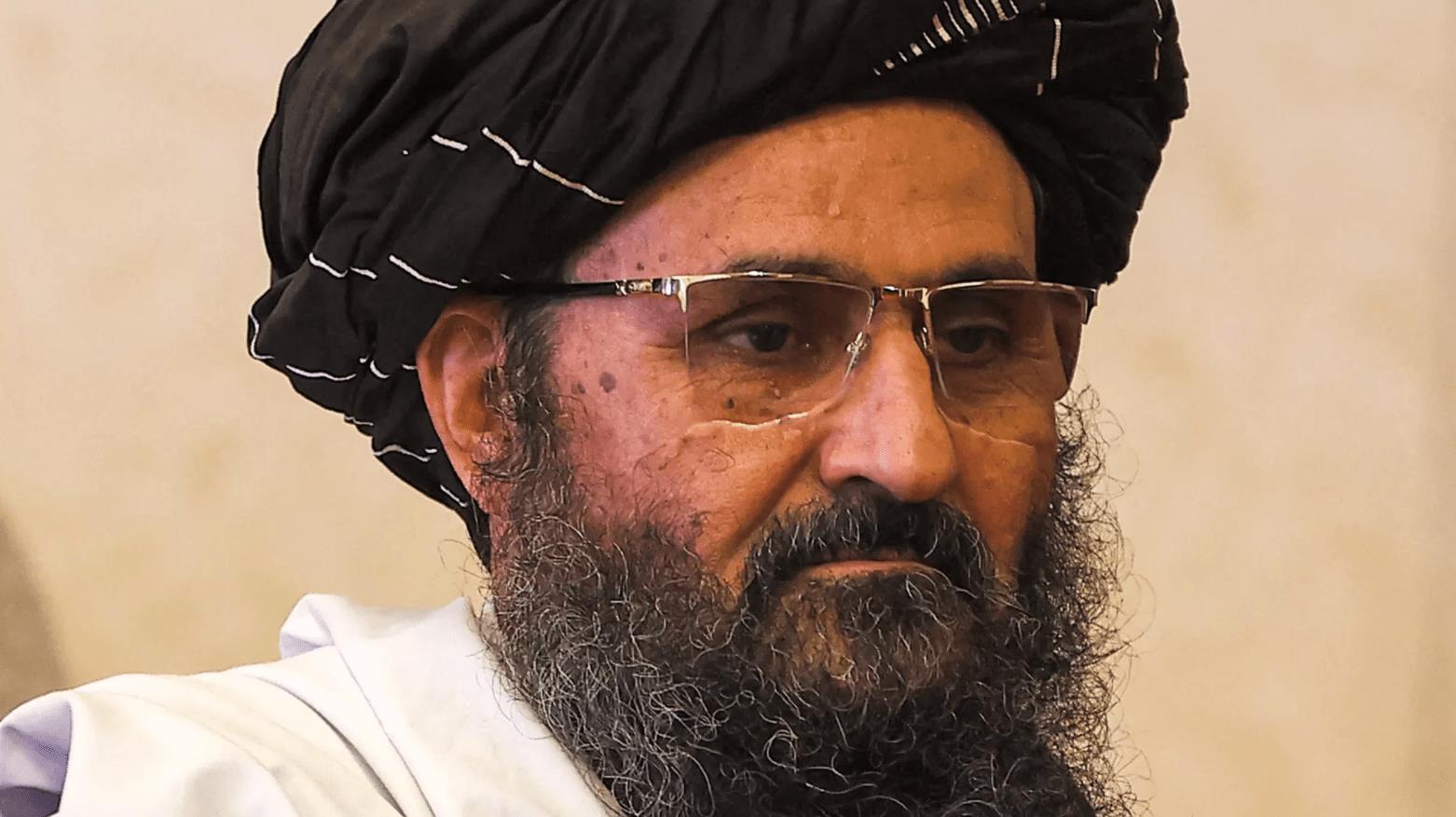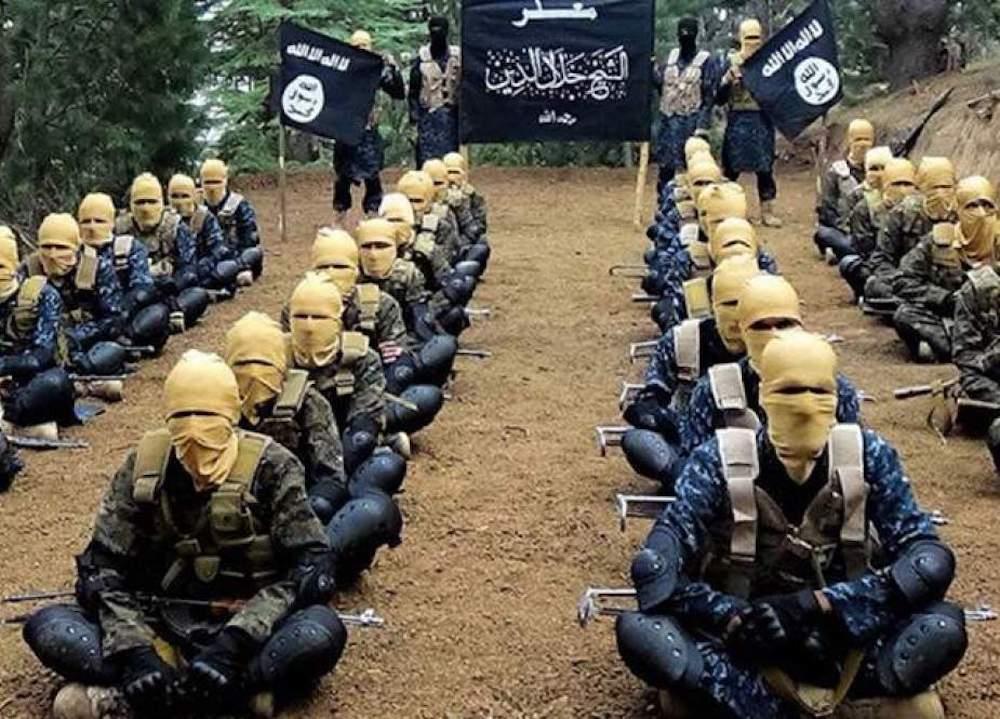(MENAFN- Asia Times) The Taliban's lightning takeover of Afghanistan marked a clear and decisive victory against US, NATO and Afghan national forces, but the militant group's next struggle will be to maintain unity as regional, ideological and ethnic divisions all rise to the post-conflict fore.
Nearly three weeks since the fall of the Afghan capital Kabul to invading Taliban forces and ouster of the US-backed Ashraf Ghani government, the Taliban has yet to announce its promised“inclusive” new“Islamic Emirate” government.
On one front, a Tajik resistance group in Panjshir is defying the Taliban's bid to establish total state control. Perhaps more significantly, competitive Taliban factions are aggressively jockeying for key positions in the new government, a political contest that it is testing cohesion and threatens to erupt into new conflict as the economy teeters towards collapse.
That's ringing regional alarms bells that the situation could soon devolve into intra-Taliban fighting if a compromise isn't quickly reached. Faiz Hameed, head of Pakistan's Inter-Services Intelligence (ISI), dispatched to Kabul on September 4 reportedly to advise on possible power-sharing formulas.
ISI is widely believed to have played an advisory role in the Taliban's winning blitzkrieg strategy, which saw the militant group move more quickly than intelligence estimates anticipated to fill the vacuum left by withdrawing US and NATO troops.
Pakistan also provided cross-border sanctuary to the Taliban, with widespread reports that top members' families reside in posh districts of Islamabad while wounded fighters were given care in Pakistan hospitals.
But divisions between Taliban leaders and field commanders were revealed when Tehreek-e-Taliban Pakistan (TTP) fighters were released from prison soon after the Taliban seized control of Kabul. TTP is bent on overthrowing the Pakistan government and forming an Islamic emirate similar to the one the Afghan Taliban is bidding to forge.

Taliban forces take control of Hamid Karzai International Airport after the completion of the US withdrawal from Afghanistan, in Kabul, August 31, 2021. Photo: AFP via Anadolu Agency / Wali Sabawoon
Which groups ultimately succeed in securing seats at the table of the Taliban's“inclusive” government will greatly influence the country's policy and ideological direction, with ramifications for the wider region.
The key intra-Taliban tussle for power, position and resources is geographical, pitting the militant group's“southerners” and“easterners.”
Sirajuddin Haqqani, leader of the powerful Haqqani network, a militant outfit under the Taliban's wider umbrella designated by the US, UK and Canada as a“terrorist organization”, represents the eastern lobby.
The network is known for its asymmetric attacks on US and NATO forces, hard-line Islamic views and ties to the ISIS-Khorasan – the transnational terror group at loggerheads with the wider Taliban that bombed the Kabul airport, killing over 170 and 13 US troops on August 26.
Former Afghan officials have for years blamed the Haqqani network, designated by the US, UK and Canada as a terrorist organization, for facilitating ISIS-K's emergence in Afghanistan by providing it with technical assistance and links to criminal networks that have financed its militant operations.
ISIS-K is estimated by the UN to have over 2,000 fighters in Afghanistan. While the Haqqani network's ties with ISIS-K are disputed, there is unanimous agreement among analysts and security officials that it maintains close ties with transnational terror group al-Qaeda.
If the Haqqani network achieves prominence in Afghanistan's new Islamic Emirate, it will ring alarm bells in Islamabad, Tehran, Moscow and Beijing, not to mention in neighboring Central Asian states.
The Haqqani's network's presence in the government's eventual set-up will test and counter“moderate” Taliban leaders including Mullah Abdul Ghani Bardar, who have engaged China, Russia and others to show the Taliban has changed its previous extremist ways.

Abdul Ghani Baradar in Doha, Qatar, on July 18, 2021. Photo: AFP via Getty Images / Karim Jaafar
It will also mean Bardar and his southern faction will have less space to implement the moderate framework they have been promising ever since the Taliban started talks with the United States in 2019.
This tussle for representation, control and access to resources has led to the unexpected delay in forming the new government, which many expected would be announced last week.
The so-called southerners are now thus trying to limit the influence and power of the easterners to avoid international isolation, including among potential donors like China and Russia.
A widely circulated and hotly contested list of potential government cabinet ministers showed the southerners as the dominant group, a proposed line-up that has received pushback from various factions.
The same proposed list of cabinet members showed the most important portfolios will be allocated to Pashtuns, with northeastern Tajik and Uzbek leaders largely out of the frame.
The southerners are now de facto claiming to be the“real” Taliban in the group's wide umbrella of militant outfits.
For instance, Mullah Ibrahim Sadr, the proposed interior minister on the list, hails from southern Afghanistan's Kandahar and is a Pashtun Taliban leader.
Mullah Gul Agha Ishakzai, the current finance minister, is yet another“Kandahari” who is expected to receive a top economic portfolio. Mullah Abdul Qayyum Zakir, who the list shows will be appointed as defense minister, is a southerner from Helmand province.
Similarly, the newly appointed governor of Kabul, Mullah Muhammad Shirin Akhund, was a close associate of Mullah Omar. Born in Kandahar and an Alizai Pashtun tribe member, Akhund underscores the envisioned control of southern Pashtuns vis vis Tajik and Uzbek factions.
Those latter factions are predominant in the east, which the southern Taliban just relied on militarily to seize national control from Afghan national forces, many of whom have already defected to the Taliban's side.
Significantly, the easterners were the first to enter and occupy the national capital Kabul three weeks ago. Gulbuddin Hekmatyar, a former prime minister and influential easterner from Kunduz province, is reportedly not included in the proposed cabinet and is clearly upset by the apparent snub.

ISIS-K fighters at a training ground in northern Afghanistan. Photo: Facebook
There are already emerging reports that some peeved easterners are now threatening to join the ISIS-K and continue the war on new regional lines.
The Taliban's victory has quickly changed the meaning of“inclusiveness.” While the term earlier referred to the necessity of including Afghanistan's various non-Taliban and non-Pashtun groups, including representation from the ousted Ghani government, it has quickly morphed into meaning a set-up that only accommodates Taliban factions.
At the same time, the economy is teetering towards disaster with the threat of famine looming on the horizon.
The Taliban regime faces the loss of billions of dollars in international assistance, while the US has frozen over $7 billion of the Afghan central bank's estimated $9.5 billion worth of foreign currency reserves.
The Taliban has appealed to China for help in reconstructing the country, but Beijing's assistance, if it comes at all, is unlikely to produce any immediate impact.
Significantly, any assistance from Beijing, Moscow, Tehran and Islamabad will depend on the Taliban's ability to curb and eliminate transnational terror networks, including al-Qaeda, ISIS-K, TTP and the anti-China East Turkestan Islamic Movement (ETIM).
The fact that the Taliban's“moderate” leadership has so far failed to accommodate its various factions and that hardliners are already threatening to join transnational networks means that China, Russia and Iran will be reluctant to provide substantial financial support to a set-up that could quickly crumble amid infighting.
At the same time, the ascendance of easterners associated with al-Qaeda, ISIS-K and TTP in an“inclusive” government could also isolate the country, both in the West and among China, Russia, Iran and Pakistan, at a time when Afghanistan desperately needs foreign assistance to stave off economic collapse.
MENAFN06092021000159011032ID1102746978